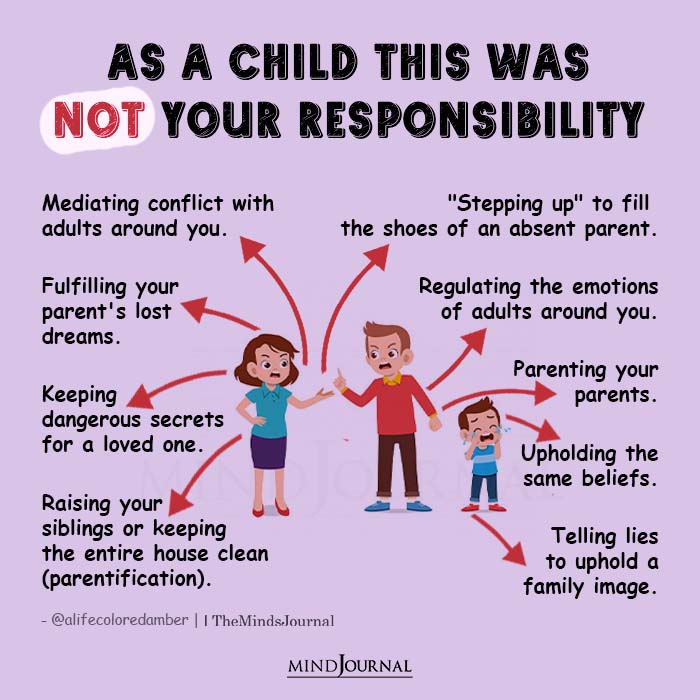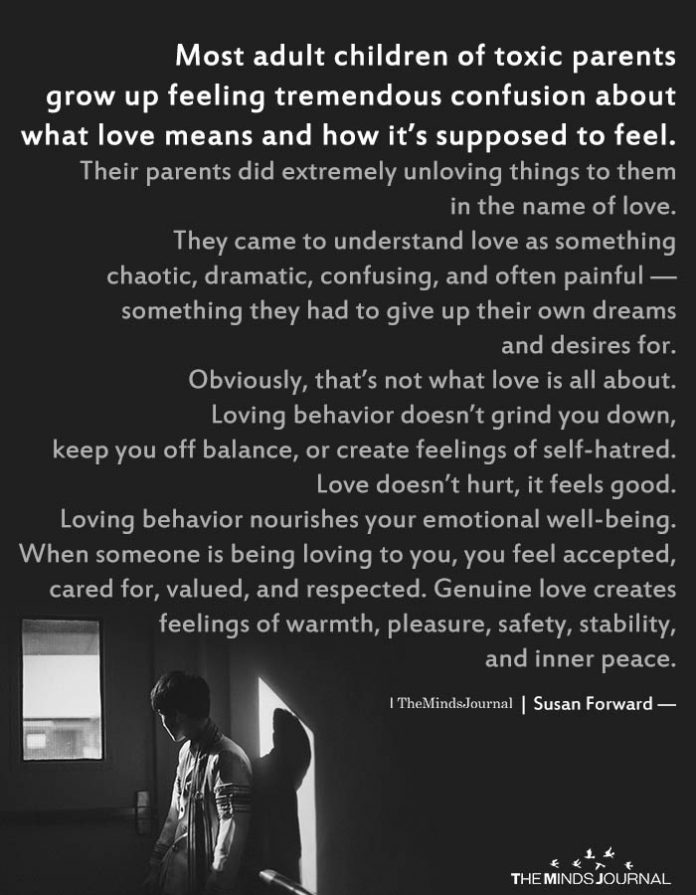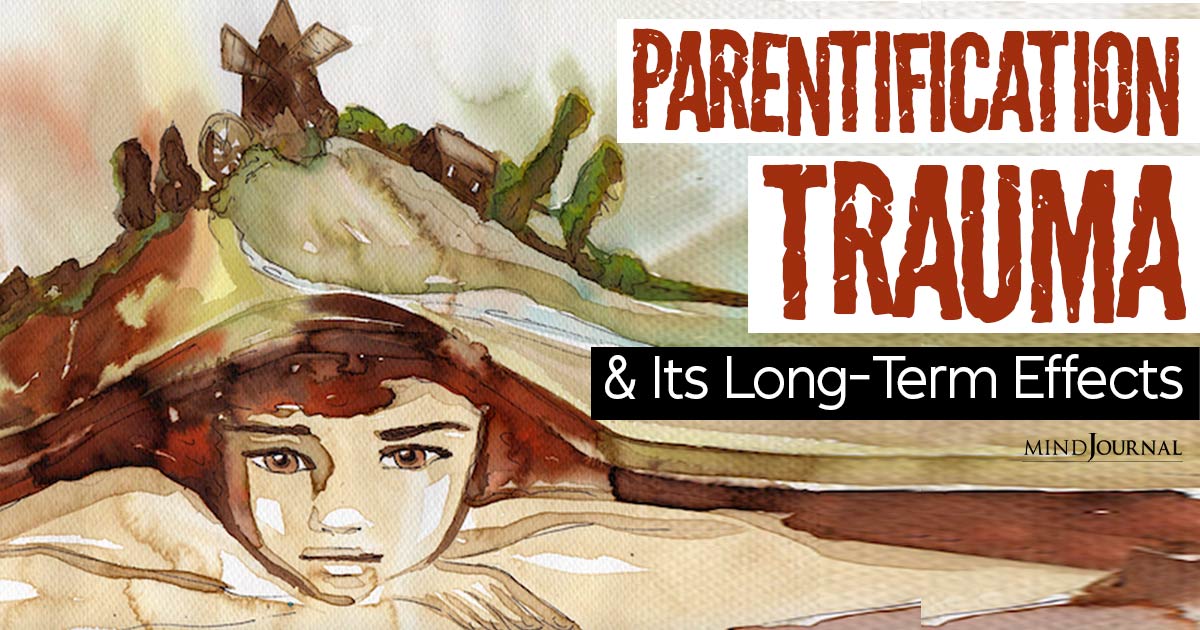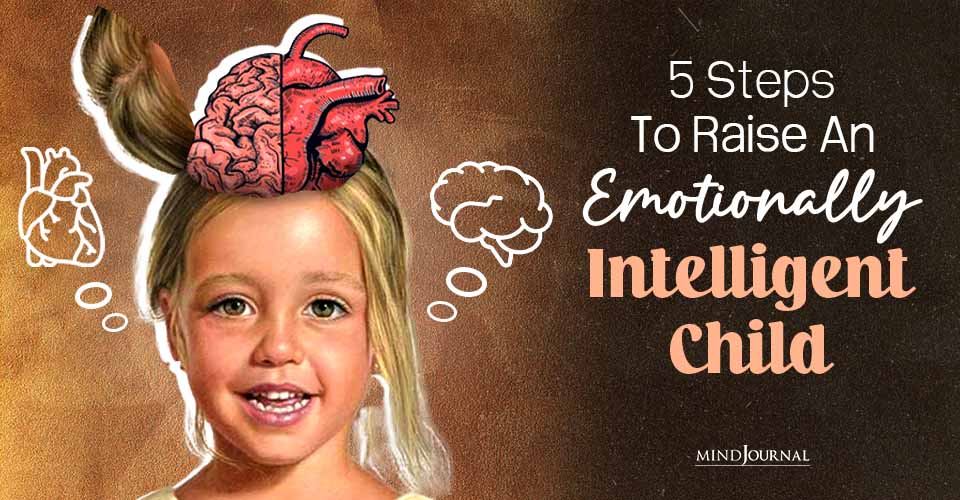The excitement of childhood is beautiful, when your biggest worry was whether your favorite cartoon was on TV. Some kids don’t have a childhood as carefree. Parentification trauma becomes a real issue when a child is thrust into the shoes of a grown-up.
The child takes on responsibilities beyond their years. It’s like playing a role in a movie you didn’t audition for. This is the reality for those who’ve experienced the issue – a lesser-known yet impactful challenge that shapes lives in unexpected ways.
What is Parentification Trauma?
It might be your question, though–what is parentification trauma? The trauma occurs when a child is placed in a role that reverses their expected position within the family dynamic.
Instead of being nurtured and guided by their parents, these children are forced to take on roles of care taking for their parents or even their siblings. This can happen due to various reasons, such as a parent’s physical absence, emotional unavailability, substance abuse, mental health issues, or challenging family circumstances.
Think about the example of a young child comforting their crying parent, managing household tasks, or providing financial support. These kids are tasked with responsibilities and worries that are far beyond their developmental capacity.

Types of Parentification Trauma
Parentification trauma can manifest in different ways, leading to various types of experiences for those who go through it. Let’s go through some of these types of parentification:
1. Emotional Parentification
In emotional parentification, a child is expected to take on the role of a caregiver for their parents’ emotional well-being. This might involve providing comfort, support, and a listening ear to the parent, even when the child, themselves, needs emotional support.
2. Instrumental Parentification
Instrumental parentification involves a child taking on practical responsibilities and tasks typically handled by adults. This could include managing household chores, cooking meals, taking care of younger siblings, and even handling financial matters.
3. Sibling Parentification
In cases of sibling parentification, an older sibling is expected to take on the role of a parent for their younger siblings. They might have to provide supervision, discipline, and even fulfill emotional and physical needs for their brothers and sisters.
4. Parental Parentificaton
This type of parentification occurs when a child is expected to take on the role of a partner to one of their parents, providing emotional support, companionship, and sometimes even filling the gap left by an absent or emotionally distant spouse.

5. Parentified Golden Child
In families with multiple children, one child might be “chosen” to fulfill the role of a parent, while the other siblings are allowed to remain more carefree. This can lead to feelings of pressure and responsibility in the chosen child.
6. Parentification due to Addiction
When a parent struggles with addiction, their child might step in to manage the household tasks, care for younger siblings, and take on responsibilities to maintain some sense of stability in the home.
7. Cultural and Gender-Based Parentification
In some cultures and households, gender roles and cultural norms can contribute to parentification. For example, girls might be expected to take on caregiving roles from a young age due to traditional gender expectations.

Growing up too Fast: Effects of Parentification
Each type of parentification trauma can have distinct effects on a person’s emotional, psychological, and social development. It’s important to recognize that the effects of parentification can vary based on individual circumstances, family dynamics, and cultural factors.
Chapter 1: The Weight of Adult Responsibilities
When children assume adult roles and responsibilities, it can foster maturity, but when it’s excessive and inappropriate, it becomes a heavy burden that stifles a child’s growth.
Chapter 2: The Vanishing Childhood
Parentified children often miss out on the precious moments of innocent childhood. Their childhoods are replaced with worry, stress, and the weight of adult concerns. One of the effects of parentification may include these kids becoming little adults before they even get a chance to be kids.
Chapter 3: The Struggle for Identity
Parentified children often struggle to develop a strong sense of self because they’ve been too busy taking care of others. They may find it challenging to separate their own desires and identities from those they’ve been forced to adopt.
Chapter 4: The Maze of Relationships
Healthy relationships are built on trust, boundaries, and open communication. But children with parentification trauma have shaky pillars. They may have difficulty forming bonds because they’ve never learned how to set boundaries or express their own needs.
Trusting others can be a monumental task when their early experiences involved taking care of unreliable adults.

Chapter 5: The Silent Suffering
Behind closed doors, parentified children carry an invisible load of stress, anxiety, and emotional turmoil. The constant pressure to be the responsible one can lead to emotional suppression, making it challenging for them to express their true feelings.
Chapter 6: The Tug of Guilt and Resentment
The paradox of wanting to care for their parents while yearning for their own freedom can create a constant inner conflict. Resentment towards their parents or siblings can simmer beneath the surface, leaving scars that may never fully heal.
Chapter 7: The Long-term Impact
The effects of parentification aren’t confined to childhood and can linger into adulthood. For some, the burden of being the “parent” persists, hindering personal growth and leading to codependent relationships. It can even manifest in physical health problems and mental health issues, leaving a lasting mark on an individual’s life.
Related: Parentification and 15 Signs of Being Parentified as a Child
The Unnerving Parentification Trauma Symptoms

This portion aims to shine a light on a hidden aspect of growing up: parentification trauma symptoms and experiences that stem from this often overlooked trauma.
Chapter 1: The Masks We Wear
This is a child who becomes an expert at wearing masks. Children enduring this kind of trauma often learn to hide their true emotions, wearing a brave face for the sake of their families. They become masters of disguising their feelings, even from themselves, to cope with their overwhelming responsibilities.
Chapter 2: The Burden of Perfectionism
Perfectionism is often found in the list of parentification trauma symptoms. Striving for perfection becomes a way to gain approval and a sense of control in a chaotic world. Yet, this relentless pursuit can lead to crippling anxiety and an inability to accept anything less than flawless performance.
Chapter 3: The Complex Dance of Relationships
Navigating relationships can be a labyrinth for those who have experienced parentification. The trauma can leave them with difficulties in forming healthy connections.
Trust issues, boundaries that are either too rigid or nonexistent, and a tendency to put others’ needs above their own can all be byproducts of their difficult childhood.
Chapter 4: The Fear of Vulnerability
A parentified child has learnt that vulnerability can be dangerous. They had to be the strong one, the care taker, and asking for help was often seen as a sign of weakness. Their traumatized childhood could have instilled a fear of vulnerability that lingers into adulthood, making it hard for individuals to open and seek support when needed.
Chapter 5: The Unresolved Grief
Growing up too fast often means losing the opportunity to grieve a lost childhood. The pain and sadness may remain hidden beneath the surface for years, resurfacing as adults grapple with the loss of innocence, the unfulfilled dreams of youth, and the emotional wounds left by parentification.

Chapter 6: The Constant Inner Critic
The trauma can plant the seed of a relentless inner critic. These individuals may engage in harsh self-judgment and negative self-talk. The voice in their head constantly tells them they should do more, be better, and achieve higher, creating a cycle of never feeling “good enough.”
Related: Signs You were Parentified as a Child: Amy Tran Quotes
Parentification Trauma Healing: Steps to Take
1. Awareness and Acknowledgment
The first step to healing is recognizing that what you experienced was not normal and had consequences. By understanding parentification and its effects, you can begin to make sense of your feelings.
2. Seek Professional Help
A therapist or counselor experienced in trauma can provide invaluable insights and coping strategies. They can help you reframe your experiences and develop tools for healing.
3. Establish Boundaries
One of the most significant challenges for those who have experienced parentification trauma is setting boundaries. Begin by acknowledging your needs and rights. It’s okay to say ‘no’, prioritize your well-being, and ask for help.
4. Reconnect with Your Inner Child
Set aside time for play, wonder, and spontaneity. What did you miss out on during your childhood? Whether it’s picking up a hobby, watching cartoons, or simply spending an afternoon at a park, reconnect with that lost part of yourself.

5. Join a Support Group
Knowing you’re not alone can be immensely therapeutic. Joining a group where people share similar experiences provides a sense of community and understanding.
6. Educate Yourself
Books, articles, and other resources on parentification can offer both knowledge and comfort. Understanding the theoretical aspect can sometimes make the emotional journey easier.
7. Practice Self-Care
Regularly indulge in activities that soothe and rejuvenate you, be it meditation, reading, traveling, or simply taking a day off.
Takeaway
It’s important to remember that parentification trauma healing is possible. Recognizing parentification trauma symptoms is the first step on the path to recovery. Therapy, support groups, and self-compassion can all be powerful tools for healing.
By acknowledging the trauma and its effects, individuals can learn to release the burdens they’ve carried for so long.










Leave a Reply